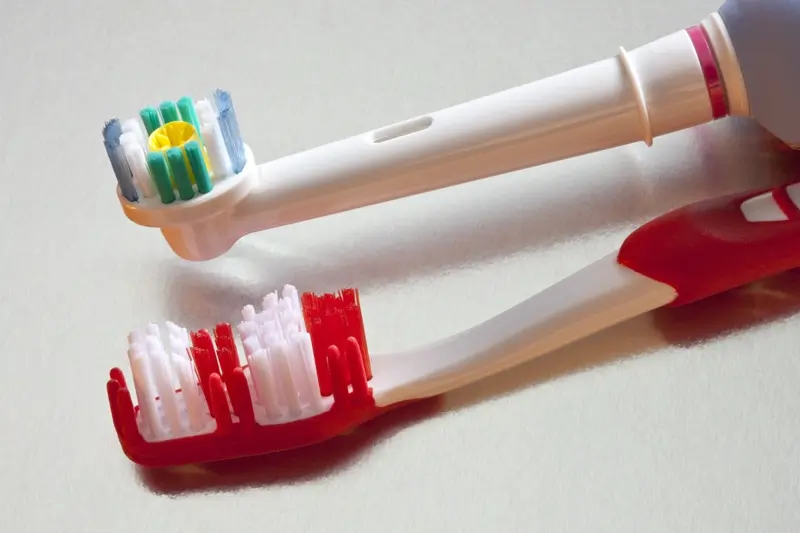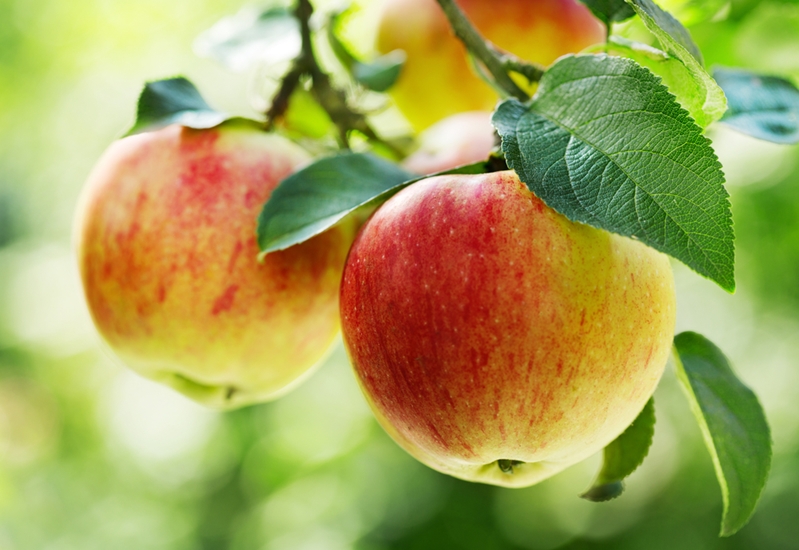We all aim to be as healthy as humanly possible – physically, mentally and emotionally. Whether it’s by exercising regularly, eating plenty of fresh fruits and vegetables or spending time with our families, maintaining balance in all things is important.
Of course, no one is perfect. Each of us makes mistakes somewhere along the way; it’s the human condition. However, you can perform a few practices in your daily habits to remain as peerless as humanly possible. How so? In your oral hygiene. The following are a few tips that can go a long way toward achieving pearly white perfection:
Brush and floss consistently
You’ve heard it said thousands of times: brushing and flossing are pivotal to keeping your teeth strong and clean. Yet according to a survey done by Colgate, 60% of Kiwis don’t brush their teeth daily.
All it takes is two minutes of brushing – ideally after meals – to eliminate the food particles and sugar content left behind from food and drink. Flossing further removes residue and protects the gum line from periodontal disease.
Avoid brushing too harshly
It isn’t just about quantity when it comes to brushing and flossing regularly; it’s also about quality. Also reported by Stuff, a Freshbrush poll found nearly 85% of Kiwis may be brushing their teeth improperly by using brushes with hard bristles.
The New Zealand Dental Association, as well as other major oral health organisations around the world, recommend soft-bristled brushes rather than medium or hard. This is partly due to people’s inclination to vigorously scrub their pearly whites, which can lead to abrasions and the wearing away of enamel. Technique is key. Instead of brushing back and forth, use your fingers – as opposed to your wrist – to brush in a more circular motion. This is the best way to clean without overdoing it.
 Electric toothbrushes are preferred to manual because they provide a deeper clean.
Electric toothbrushes are preferred to manual because they provide a deeper clean.Opt for electric over manual
Given the choice between brushing and not, it’s always best to brush regardless of the type of brush you select. But if your options are manual versus electric, electric is the way to go. Talk to any dentists, and they’ll tell you that electric is more effective in removing particles by providing a deeper clean. The oscillating bristles – paired with brushing in a circular motion – help to wick away tartar buildup, thus reducing the chances of developing gingivitis, the more technical term for gum inflammation. Colgate, Crest, Oral B and the New Zealand Dental Association, among many other oral hygiene authorities, all recommend electric ahead of manual. Plus, these brushes typically vibrate at 30-second intervals over two minutes, which reminds you to move the brush to another section of your teeth.
If you have further questions about how to best use an electric toothbrush, talk to your dentist. He or she can provide tips and may recommend a specific kind.
Schedule regular checkups
Everyone is busy. Whether it’s work, family obligations or other personal affairs, life’s daily stresses can get in the way of appointments you know are important. Make every effort to see your dentist twice a year, ideally once every six months. Brushing and flossing are important, but professional cleanings help to more effectively eliminate tartar that bristles may not reach. Plus, by going twice a year rather than once, the cleanings typically take much less time.
Chew sugar-free gum
When it comes to oral health, chewing gum is a lot like teeth-whitening treatments: It all depends on the type you select. Most chewing gums contain sugar for sweetness. But sugar is a major contributor to dental caries, otherwise known as tooth decay.
However, there are lots of sugar-free varieties, which contain an active ingredient called Xylitol. This is a sugar alcohol that is water-soluble and may help inhibit the growth of bacteria that contributes to cavity formation. It also helps to increase saliva flow, which is key to bacteria removal.
You may want to speak with your dentist about any specific brand recommendations. Like brushing, chewing gum is most effective after a meal or snack.
 Apples are a great snacking choice for keeping teeth strong and healthy.
Apples are a great snacking choice for keeping teeth strong and healthy.Make smart food choices
Eating right is key to maintaining a healthy weight and energy. It’s also a pivotal component to avoiding cavities. The worst kinds of foods for your teeth are acidic (e.g. orange juice, carbonated beverages, alcohol, certain vegetables, bread) and those high in sugar (e.g. candy, ice cream, certain cereals). Try to eat these foods sparingly, and opt for those with high water content, like apples, celery, leafy greens and almonds.
Have your water tested
Does your water contain fluoride? It ought to, as numerous studies corroborate that this substance reduces the risk of tooth decay. Find out more details about what you can do to get your supply treated at the government’s website.
It won’t happen overnight, but by practicing good oral hygiene habits, you can keep your teeth shining bright. City Dentists can help you get there. Please contact us to set up an appointment today.
